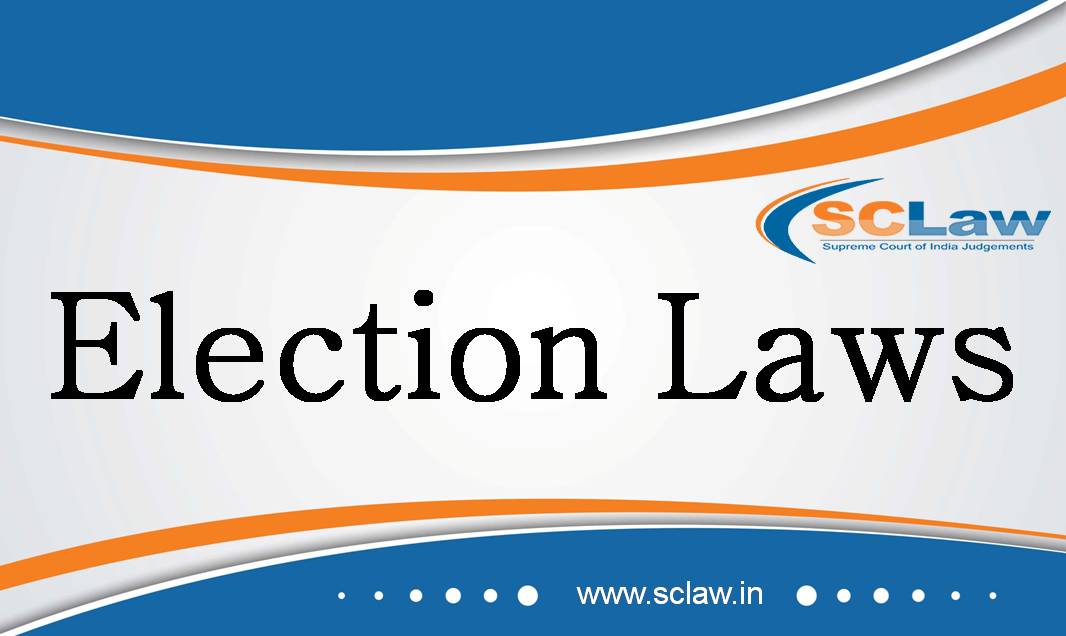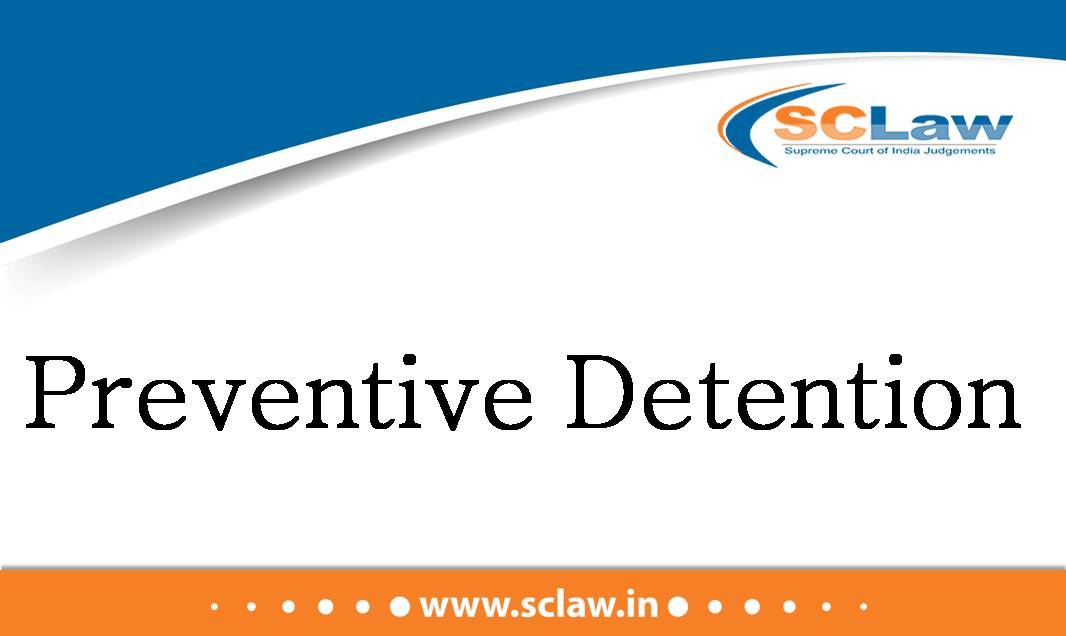Special Leave Petition–Appeal dismissed as appellant has failed to satisfy that the grounds on which the regular second appeal was dismissed could at all be said to be non sustainable.
2007(4) LAW HERALD (SC) 2929 IN THE SUPREME COURT OF INDIA Before The Hon’ble Mr. Justice Tarun Chatterjee The Hon’ble Mr. Justice P. Sathasivam Civil Appeal No. 4200 of…







